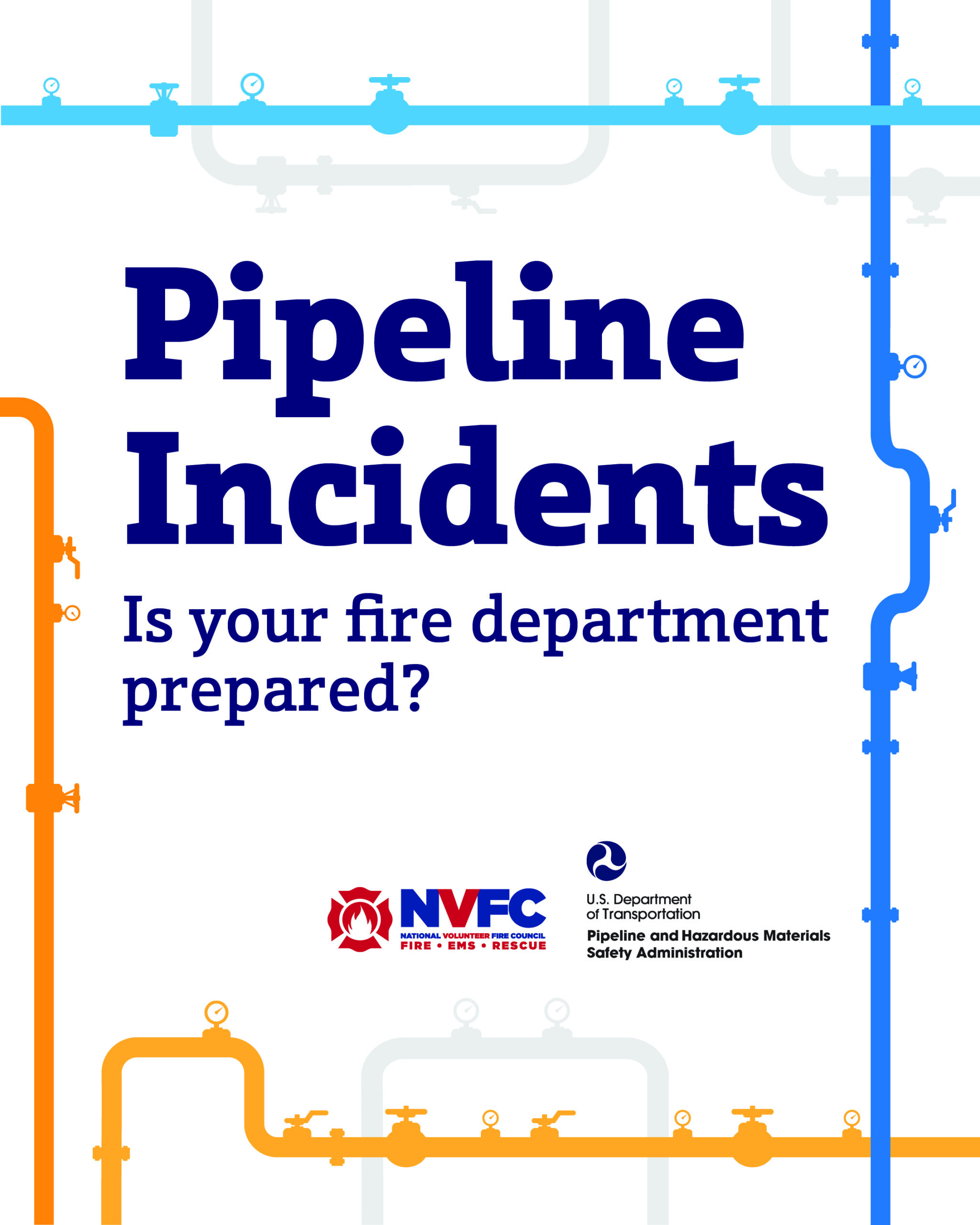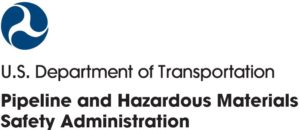Fire Department Pipeline Response, Emergency Planning, and Preparedness Initiative
Pipelines run through thousands of U.S. communities, carrying hazardous materials that pose a threat to the public and responders should an incident occur. To help fire departments prepare for pipeline emergencies and improve response, the National Volunteer Fire Council (NVFC) and Pipeline & Hazardous Materials Safety Administration (PHMSA) have partnered to provide free online training and resources through the Fire Department Pipeline Response, Emergency Planning, & Preparedness (FD PREPP) initiative. Utilize these resources to better protect responders and communities from risks relating to pipeline incidents.
811BeforeYouDig.com
Before any digging project, call 811 or visit 811beforeyoudig.com. It’s free, it’s the law, and it ensures you don’t hit an underground utility line. Help share this important safety message in your community with these resources from the Common Ground Alliance.
FD PREPP Toolkit (guide)
This toolkit provides front-line first response organizations with information, tools, and resources that they can use in the planning, training, and response aspects of a pipeline incident.
Pipeline Response PREP: Achieving Organizational Readiness for Pipeline Emergencies (online training)
This course in the NVFC Virtual Classroom takes a deep dive into pipeline awareness and readiness for first responders. Topics covered include emergency response to pipeline incidents, types of pipelines, risk management, the role of SOPs/SOGs, and resources for pipeline incidents.
Collaborative Programs: Pipeline Safety and Response (online training)
This course in the NVFC Virtual Classroom discusses how your fire department can forge relationships with operators and other stakeholders to enhance its training, safety, and response to pipeline emergencies. Topics covered will help you understand your risks, identify collaborative drills and exercises, discover mutual aid opportunities, and build partnerships to better protect both your responders and community.
Pipeline Safety and Emergency Response (on-demand webinar)
This webinar highlights how emergency service departments can best prepare for pipeline safety and response in your community. Learn how to identify if your department has pipelines – and what’s in them – and how to identify transmission versus distribution and gathering lines. Also gain information on working with pipeline operators, understanding your response capabilities, and how to train effectively for a pipeline event.
National Pipeline Mapping System (searchable map)
View pipelines and related information in your county. The PHMSA map’s dataset contains locations of and information about gas transmission and hazardous liquid pipelines and Liquefied Natural Gas (LNG) plants which are under the jurisdiction of PHMSA.
Resources:
Below are some resources to help plan and prepare for pipeline incidents. Find additional tools and resources in the FD PREP Toolkit.
- Pipeline Risk Assessment
- Pipeline Emergency Response Standard Operating Procedure Template
- Sample Pipeline Incident Command Organization Chart
- Pipeline Incident through Process Workflow
- Pipeline Emergency Work Flow Job Aid
- Pipeline Operator Contact Template
- Pipeline Products Flammability Reference Charts
- The Sights, Smells, and Sounds of a Pipeline Leak
- Site Safety & Health Plan






